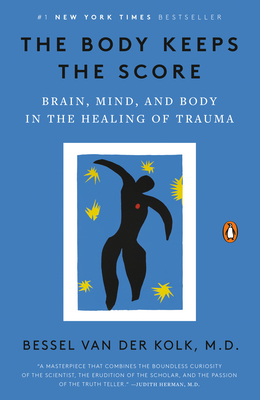
Rethinking Trauma Treatment: Attachment, Memory Reconsolidation, and Resilience
Description
Creating safety, hope, and secure attachment to transform traumatic memories.
What makes trauma therapy effective? The answers might surprise you. While therapists have been bombarded with brain science, hundreds of new models, and pressure to use evidence-based techniques, research has demonstrated that the therapeutic relationship ultimately predicts therapy outcomes. This is especially true for traumatized clients. But, what kind of therapeutic relationship? Forming a secure therapeutic alliance with traumatized clients is tricky. How do you help clients trust you after they’ve been abused, betrayed, or exploited? How do you instill hope and convince clients who’ve been devastated by loss to believe that a better life is possible?
In this accessible guide, Courtney Armstrong distills discoveries from attachment theory, brain science, and post-traumatic growth into practical strategies you can use to: 1) build trust and a secure therapeutic relationship; 2) transform traumatic memories into stories of triumph and courage; and 3) help clients cultivate resilience and a positive post-trauma identity.
Packed with dozens of scripts, step-by-step worksheets, and inspiring client stories, this book gives you tools for each phase of the trauma therapy process and shows you how to:
- Engage and motivate clients based on their attachment style
- Manage trauma-related dissociation, anxiety, and anger
- Transform traumatic memories so they no longer haunt your client
- Work with different types of trauma, from sexual abuse to traumatic grief
- Evoke inner resources for healing and positive emotional states
- Counter compassion fatigue and burnout so youcan thrive as a therapist
Merely talking about a traumatic event is not enough because the parts of the brain where traumatic, implicit memories are stored don’t understand words. Heartfelt, relational experiences catalyze brain change and buffer the impact of trauma. In this book, Armstrong demonstrates that neuroscience is validating what therapists have suspected all along: the brain changes through the heart.
Praise for Rethinking Trauma Treatment: Attachment, Memory Reconsolidation, and Resilience
A relevant, user-friendly guide that provides practical, brain-based strategies for healing attachment wounds, transforming traumatic memories, and strengthening resilience in your clients. An uplifting and well-needed resource that all clinicians can use.
— Linda Graham, MFT, author of Bouncing Back: Rewiring Your Brain for Maximum Resilience and Well-Being
Rethinking Trauma Treatment is a must read for therapists who want to understand current brain science discoveries and how to apply them to effectively treat trauma. Courtney’s writing style is conversational and personal as she illustrates how to apply a host of techniques through engaging client stories. Reading this book is like having a personal consultation with a gifted expert!
— Larry Drell, MD, Medical Director, Anxiety and Depression Therapy Services, Washington, DC
Whether you’re therapist just starting out on your trauma-informed journey, a seasoned clinician seeking inspiration, or a trauma survivor searching for education and hope, Courtney Armstrong’s Rethinking Trauma Treatment should be your go-to resource. Courtney has managed to weave together the latest discoveries in brain science, enlightening and inspiring case studies, and up to date treatment modalities all through the lens of attachment theory, making this book not only a unique source of information, but a manual for healing and hope.
— Guy Macpherson, PhD, host of The Trauma Therapist Podcast and founder, Trauma Therapist 2.0.
Armstrong's compassion and astuteness in Rethinking Trauma Treatment sets this scholastic work apart from the current literature on trauma treatment. Armstrong is a stellar writer, both in an academic and a narrative sense, educating the reader while simultaneously arousing feelings of empathy towards the individuals she describes.
— Somatic Psychotherapy Today














